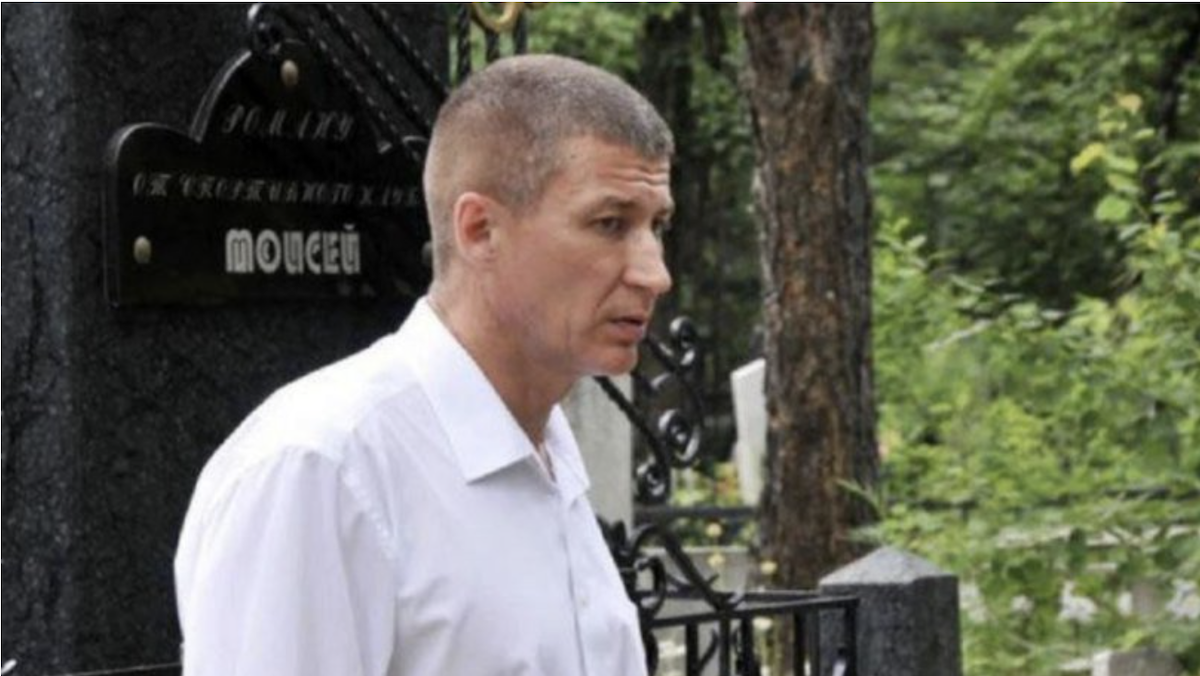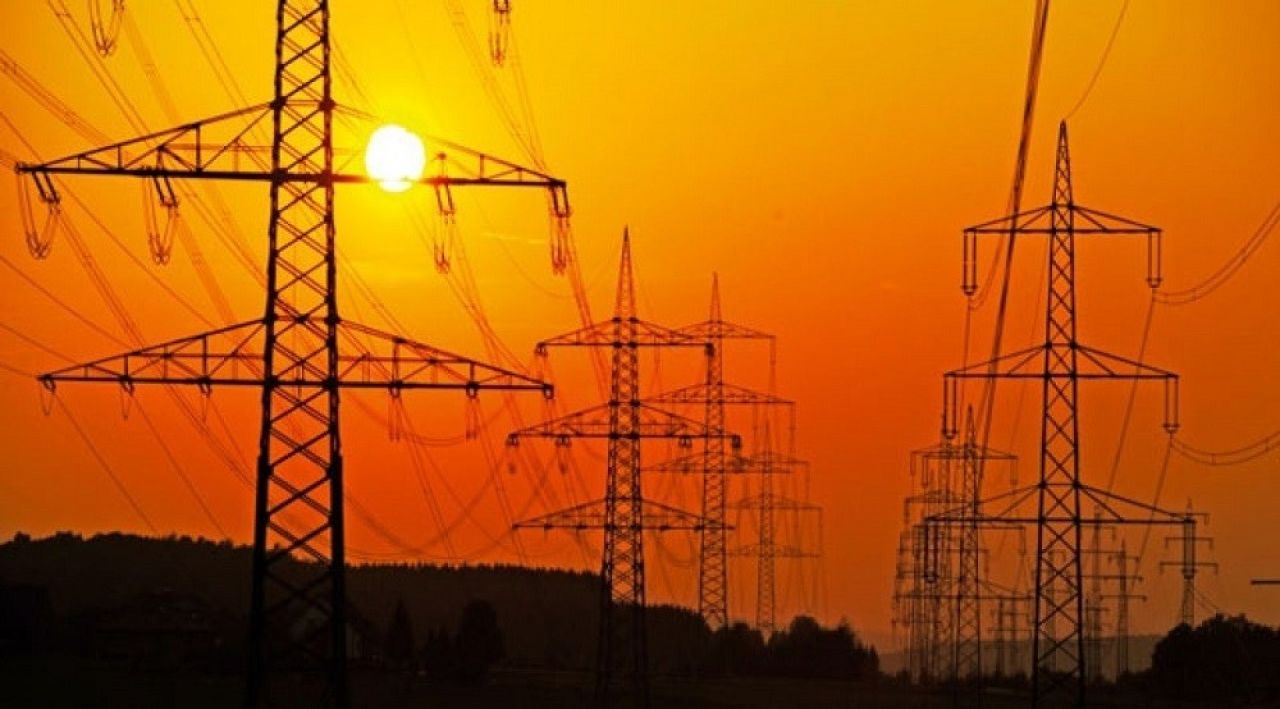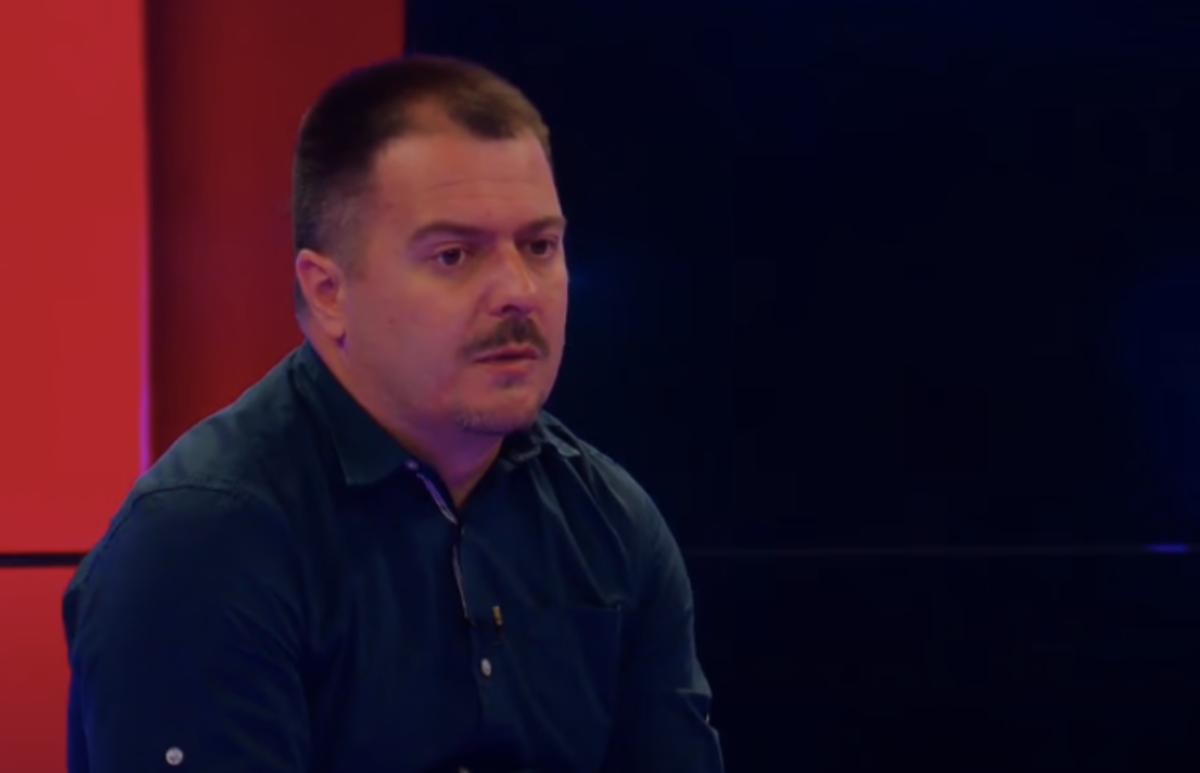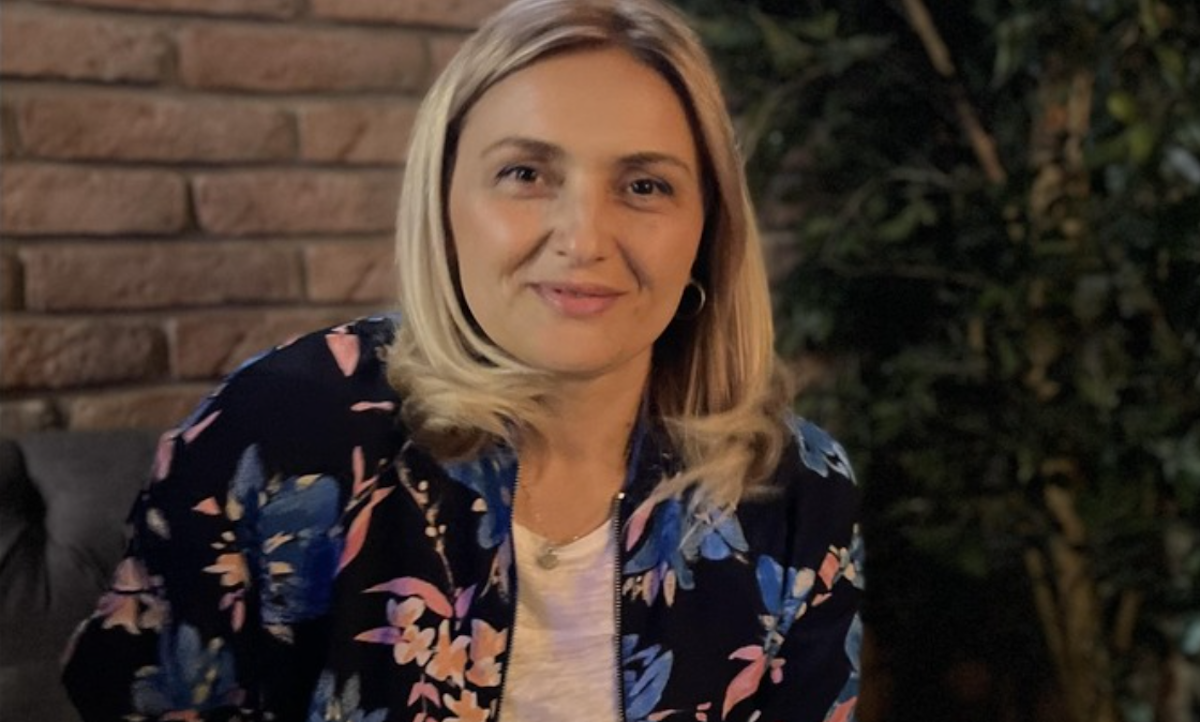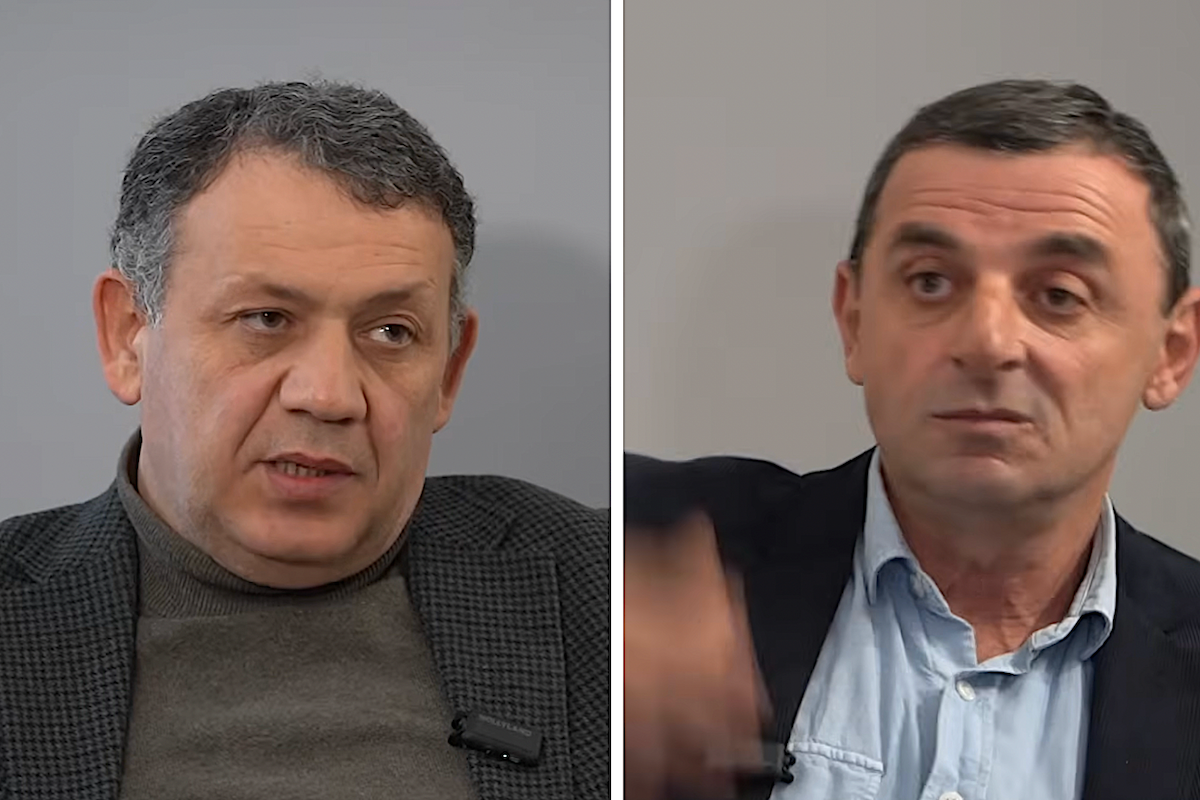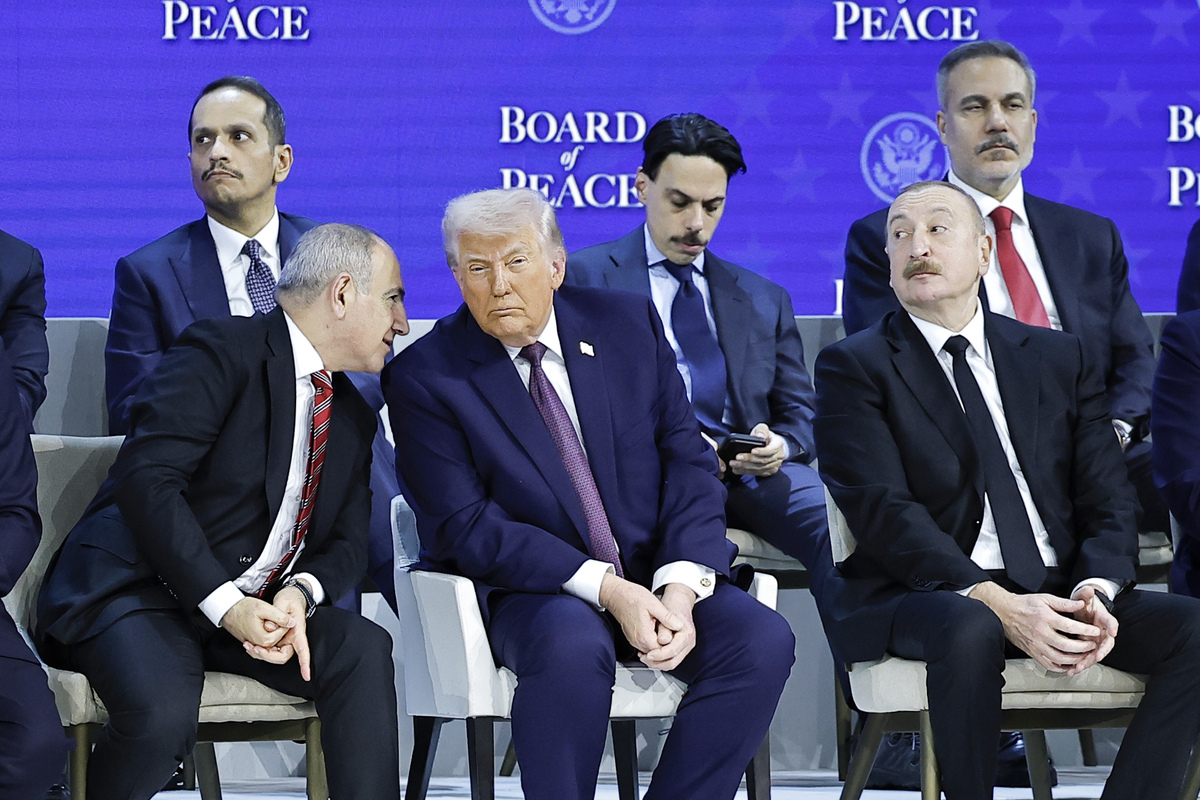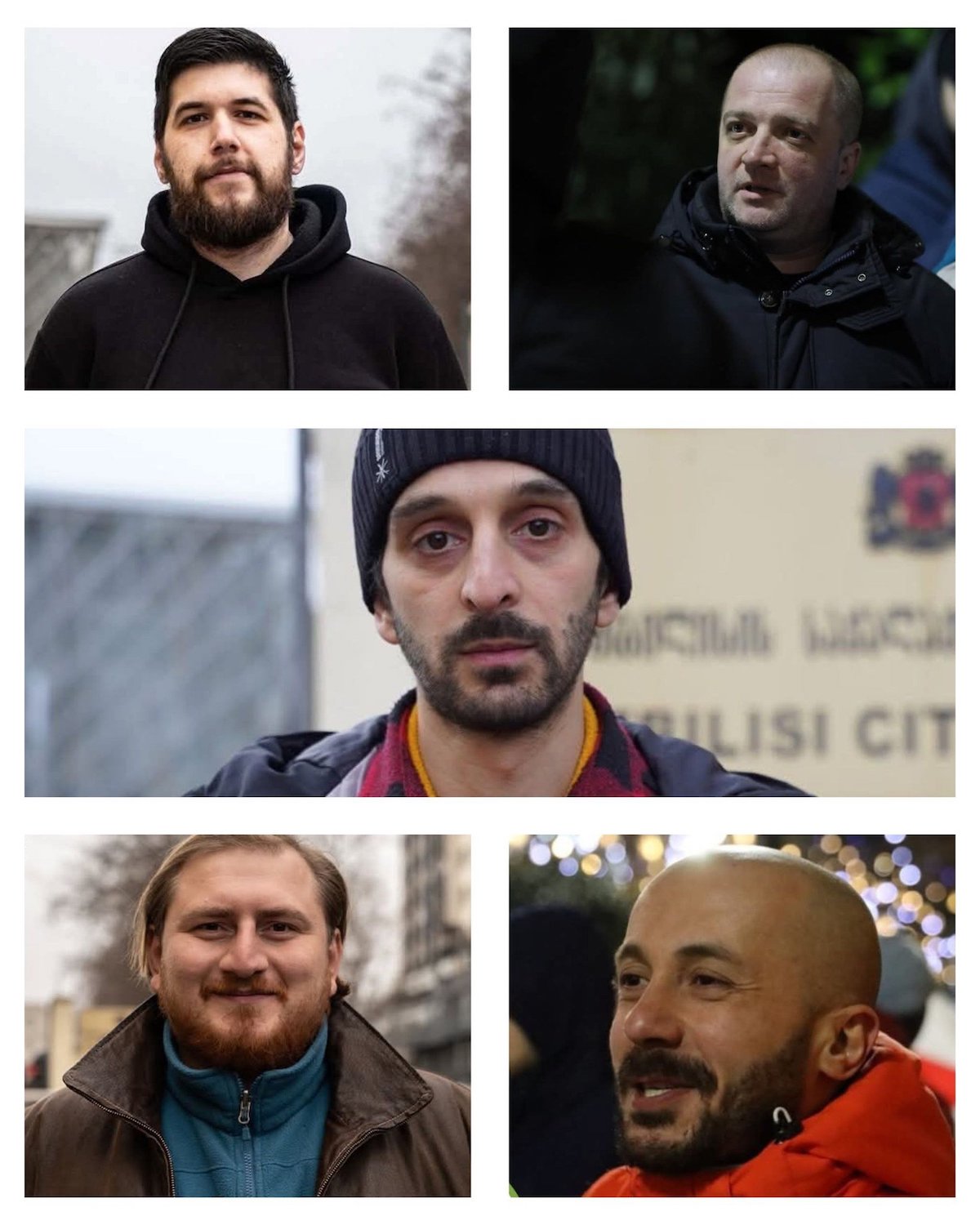Georgia and Russia: is there a non-use of force agreement in the making?
T
he Geneva International Discussions (GID) which are meant to regulate the conflict surrounding Abkhazia and South Ossetia have long been a matter of routine. However, it has recently captured the attention of many – not only in Georgia, but in Russia as well.
Several days ago, many were surprised when the Russian Deputy Foreign Minister told the Koomersant newspaper that at the next meeting which is due to take place from 27 to 28 March, ‘a long-awaited breakthrough may be achieved’. This would include a statement on the non-use of force which would be signed by all participants of the negotiations including Georgia, Russia, the USA, the de-facto authorities of Abkhazia and South Ossetia and also advisory bodies of the EU, the UN and the OSCE Minsk Group.
Karasin said that in this long-awaited declaration, the status of Abkhazia and South Ossetia will not be discussed. The participants of the Geneva discussions ‘will simply state that they renounce the use of force against one another’.
Georgia’s Minister of Foreign Affairs Mikheil Janelidze replied soon afterwards in an interview with a public TV channel saying he ‘doesn’t intend on signing anything, but that there will be discussions on the text of the statement’.
JAMnews asked several Georgian experts to comment on the upcoming talks and on the background to the non-use of force agreement. The experts’ responses can be grouped into two categories:
What’s in it for Georgia?
What’s in it for Russia?
What are Georgia’s interests in signing a non-use of force agreement?
Sergi Kapanadze, MP from the European Georgia opposition party
“I am certain that Georgia should not sign anything of the kind. We already took upon ourselves the obligation to not use force in 2010. In 2013, the same obligation was approved by parliament and is now judicially mandatory. The only thing worth talking about now is that Russia takes on a similar obligation upon itself.
“What’s the point of Sukhumi or Tskhinvali signing a non-use of force agreement? Even if we leave aside the question of their status … what, are we afraid that they’ll attack us? Georgia’s territories are occupied and the threat is posed by the occupying force. Russia must give a guarantee and at least, like Georgia, declare [and solidify] its obligations.”
Paata Zakareishvili, a professor at Grigol Robakidze University
“Such an agreement must be signed, but the question is ‘how and with whom’. Unfortunately, I currently don’t see any possibility of moving this issue forward, aside from the strange statement voiced by Russia.
“Georgia should recognise there are two different approaches: we don’t need to make compromises for anyone, but rather we need to take steps necessary for ourselves. This includes negotiations with the Abkhaz and Ossetian sides, and to clarify what they need. Russia should be told to move aside.
“But, things aren’t so simple. On the one hand this is a Georgian-Russian conflict, and on the other, it’s a Georgian-Abkhaz and Georgian-Ossetian conflict. But if nothing is working out on the Georgian-Russian level, maybe something can be achieved in talks with Abkhazia and South Ossetia.
What does Georgia have to gain from the constant delays, from the fact that nothing is happening? Maybe it would be wise to revamp our policies, to choose an approach which would seem acceptable for Abkhaz and South Ossetian society and to start taking steps in that direction.”
Nino Kalandadze, a representative from the United National Movement opposition party
“If they will voice the statements made by representatives of separatist regimes, it will mean that the Georgian side recognises their independence and has renounced its own sovereignty. I hope that this issue won’t even be discussed.”
Non-use of force agreement – what’s in it for Russia?
Sergi Kapanadze, an MP from the European Georgia opposition party
“Russia’s traditional and only interest in this affair has been the legitimisation of Abkhazia and Tskhinvali. We should not allow that to happen whatsoever.”
Giorgi Kanashvili, Executive Director of Caucasian House
“Work has been done on this document for several years now, but it has been impossible to reach a compromise. One of the reasons is that Georgia is ready to sign the document only if Russia does as well. But Russia has said on every occasion that it is not a participant in the conflict. If they sign a document now – with Russia – this will give Moscow the chance to assert that it is not party to the conflict, and that it is signing the document on a similar level of, say, the US and other international organisations.”
Tornike Sharashenidze – Head of the International Relations Program of the Georgian Institute of Public Affairs:
“Russia is a leading player. It has bases in the Caucasus, and Moscow has levers of pressure to use in the region. For that reason Russia does not need any changes – in the current status-quo it feels rather at ease.”
Paata Zakareishvili, professor of Grigol Robakidze University:
“I’m not interested in Russia. I am a citizen of Georgia and I am interested in and care only for Georgia. But if we were to renounce our interests because they coincide with those of Russia, this would be inexcusable and even criminal. Let’s deal with our own interests. Is it in our interest to hold negotiations with Abkhazia and South Ossetia? If we don’t do this because this is what Russia wants, let’s leave everything as it is for a decade. But who will be responsible to the fact that these nations will move further and further away from Georgia?
“Russia wants to show the world that it is not an interested player. But if we begin discussions with the Abkhaz and the South Ossetians, this would not be a recognition of the claim that Russia isn’t involved. Georgia should hold a dialogue with Russia as one does with an enemy state, but with Abkhazia and Tskhinvali, which are Georgian regions, we must speak with them as they are [a party of Georgia]. All international organisations say that Georgia needs to see these different levels of negotiations.”
• Georgia cut off diplomatic ties with Russia in August 2008 after Moscow recognised the independence of Abkhazia and South Ossetia. Since then, dialogues between Russia and Georgia has existed only in two formats – the Geneva International Discussions and regular meetings between special representatives from the two sides – Zurab Abashidze from Tbilisi, and Grigory Karasin from Moscow.
• Work on the text of the statement on the non-use of force began at the Geneva discussions back in 2012. A little while ago, the PM of Georgia expressed his readiness to personally become involved in the Geneva discussions and called on the leadership of the Russian Federation to make steps in the direction of raising the importance and efficacy of the meetings.











